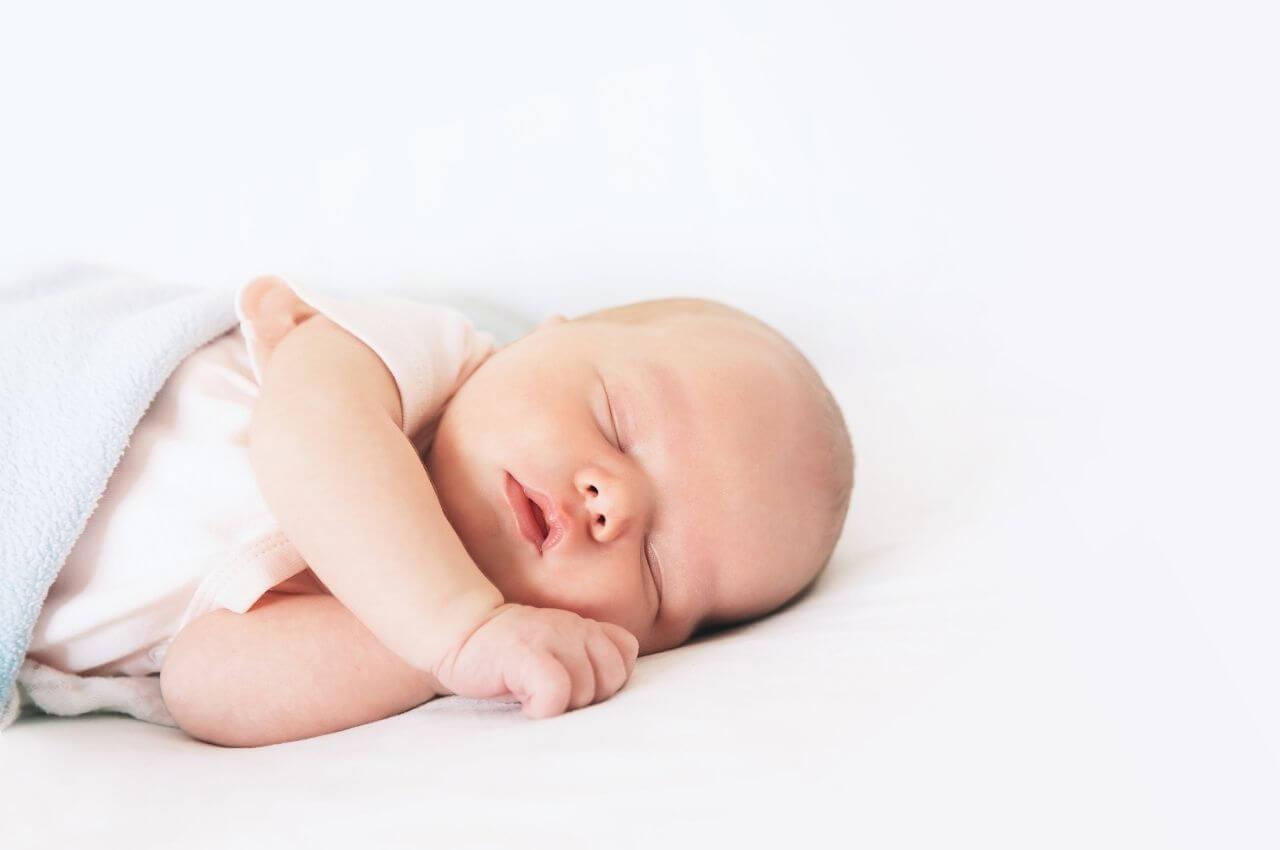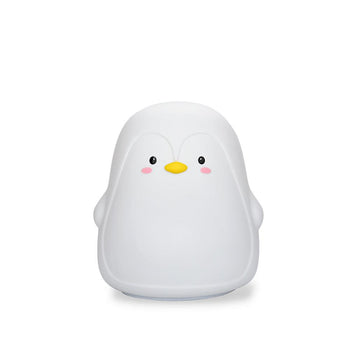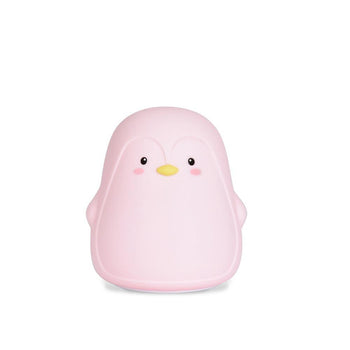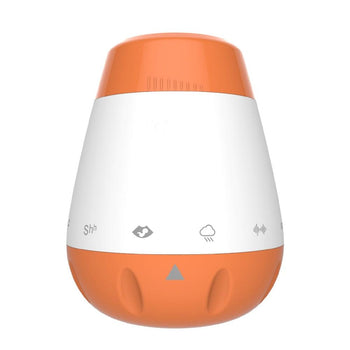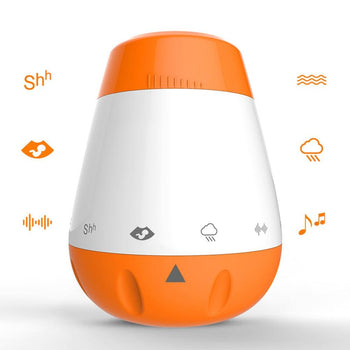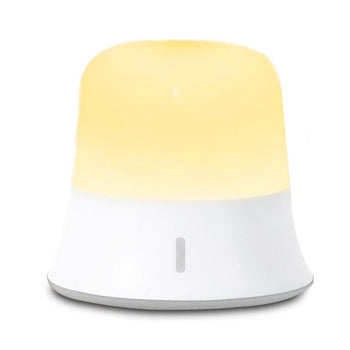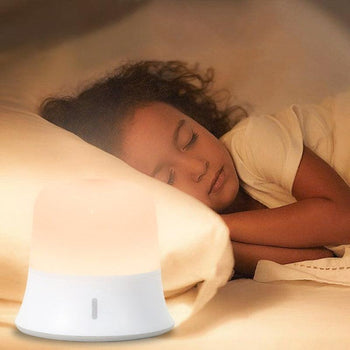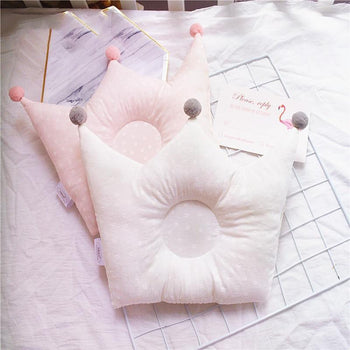Before I had kids, I thought newborns slept all the time (in my very limited experience with babies!). At every moment of the day, the majority of newborns I saw were sound asleep in their strollers, car seats, slings, or in their mothers arms.
However, after having my own baby at home, I discovered that my observation was only partially correct. Yes, newborns sleep a lot, but only for a short time !
So what's going on? Why are newborns light sleepers? And why do they keep waking up?
Why does your newborn keep waking up?
If you've done any research on newborn sleep, you know that they do sleep a lot. During a 24-hour cycle, newborns sleep between 14 and 17 hours on average , which is a lot of sleep! But the problem is that sleep occurs in brief periods of 2 to 4 hours during the day. Thus, infant sleep is much more fragmented than that of adults, or even that of older babies and toddlers.
Why is newborn sleep so fragmented?
It has everything to do with your newborn's need to feed, that's for sure. Remember that your baby is growing at an incredible rate: in the first 4-5 months of life, he will have doubled his birth weight ! It is not surprising that he needs to be fed several times during the day. His stomach is thin and his caloric needs are high.
Hunger isn't the only factor behind your baby's frequent awakenings.
Your newborn's sleep cycles
In reality, your newborn's sleeping habits vary greatly from yours. Adults have longer sleep periods, which can last between 90 and 100 minutes. And we spend most of our sleep cycles in deep sleep, with only a small percentage of our waking time in REM sleep.
Your newborn, on the other hand, is in a very different situation. For starters, newborn sleep cycles are much shorter, lasting only 50 minutes on average. That's almost halfway through your cycle! It is not only the length of the sleep period that differs. Newborns spend much more time in active sleep and much less time in deep sleep than adults. In fact, newborns are thought to spend 75% of their sleep time awake, compared to just 20% for adults.
A newborn who wakes often is due to short cycles + a lot of active sleep
This is how all these scientific facts are related. An individual is most likely to wake up momentarily during the transition from one sleep cycle to another. This is true for both children and adults.
Makes sense if you think about it: you probably wake up in the middle of the night for no apparent reason, roll over, and fall back to sleep. Your brain was most likely going from one sleep cycle to another. Your newborn is going through the same thing.
But you should know that your baby goes through many more sleep cycles than you do each night. While we adults can have four or five sleep cycles a night, your newborn can have twice as many. This means that the risk of waking up between periods is twice as high.
We'll have to account for all that active sleep. When we are in active sleep, REM sleep, we dream and seem to fidget and move around more often, so it is lighter sleep. During active sleep, we are all more likely to be awakened. The same goes for your child, who is more likely to be awakened during light sleep.
When you combine these two statistics, the fact that your newborn goes through several additional cycles of sleep each night, and newborns spend the majority of their time in light, active sleep, with the fact that newborns have a constant need for food, it is easier to understand why your newborn is waking up often.
Why do your newborn's sleeping habits vary so much?
We understand the "what," but what about the "why" of newborn sleep patterns?
Why do our newborns have so many short sleep periods and spend so much time awake?
It turns out that your newborn's sleeping habits are meant to keep him stable and happy. The fact that your baby spends a lot of time in active sleep means he can wake up to eat, and it can also help prevent SIDS. According to some studies, the time newborns spend in active sleep is important for their brain growth.
How do your baby's cycles affect you?
In other words, if you have an insomniac newborn by your side, that's completely normal! Babies need to be lifted several times during the night and day for the first 8 to 12 weeks of life to feed themselves, and they often need more active sleep for their brains to develop normally.
However, the period of infancy is brief, from around 4 months, most babies are able to sleep longer at night. By nine months, most babies sleep through the night or only need one night feeding. So yes, things are looking up!
However, don't let all this talk of common nighttime awakenings convince you that there's nothing you can do to improve your newborn's nighttime sleep. Although you can't expect a newborn to sleep through the night, there are gentle and healthy steps you can take to help your newborn get the most out of their sleep.
Here are some articles that might interest you:
Newborn Sleep: 7 Common Mistakes New Parents Make
10 tips to help your newborn sleep
How to make babies sleep? 6 simple steps
Sleeping and Feeding Routines for Newborns
I hope this article has enlightened you on the subject. Feel free to share your experiences with us in the comments.
"Reader's special" offer
Take advantage of -30% on the entire collection >>> Sleep <<<
Take advantage of this special offer with the code
DODO30
Do you want your little one to spend all their nights?
In this free guide , you'll discover 5 things you absolutely need to know.


